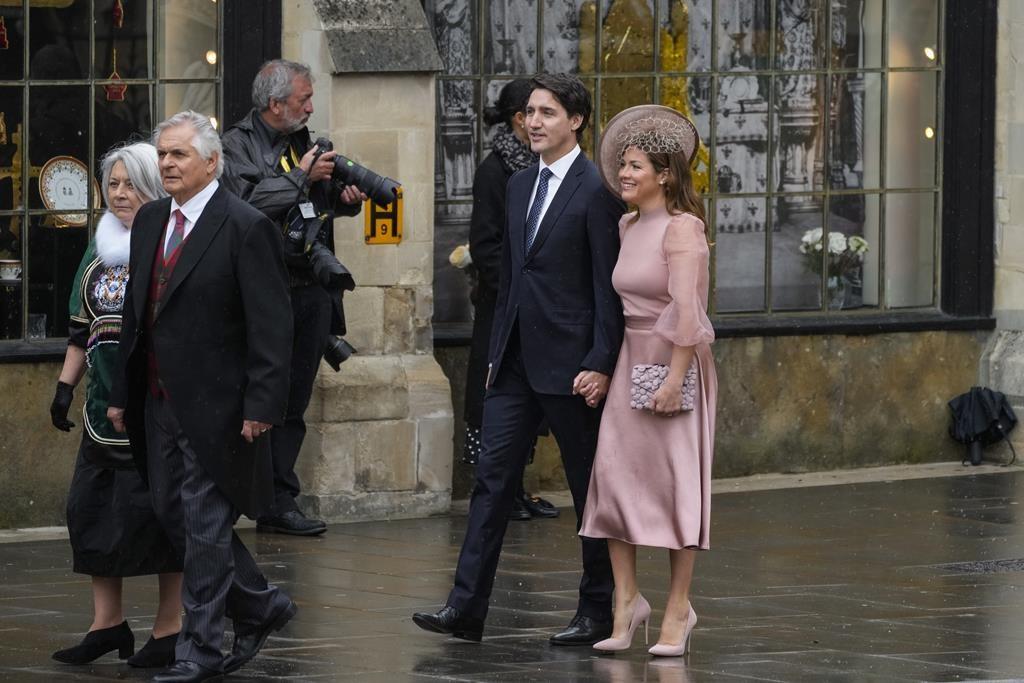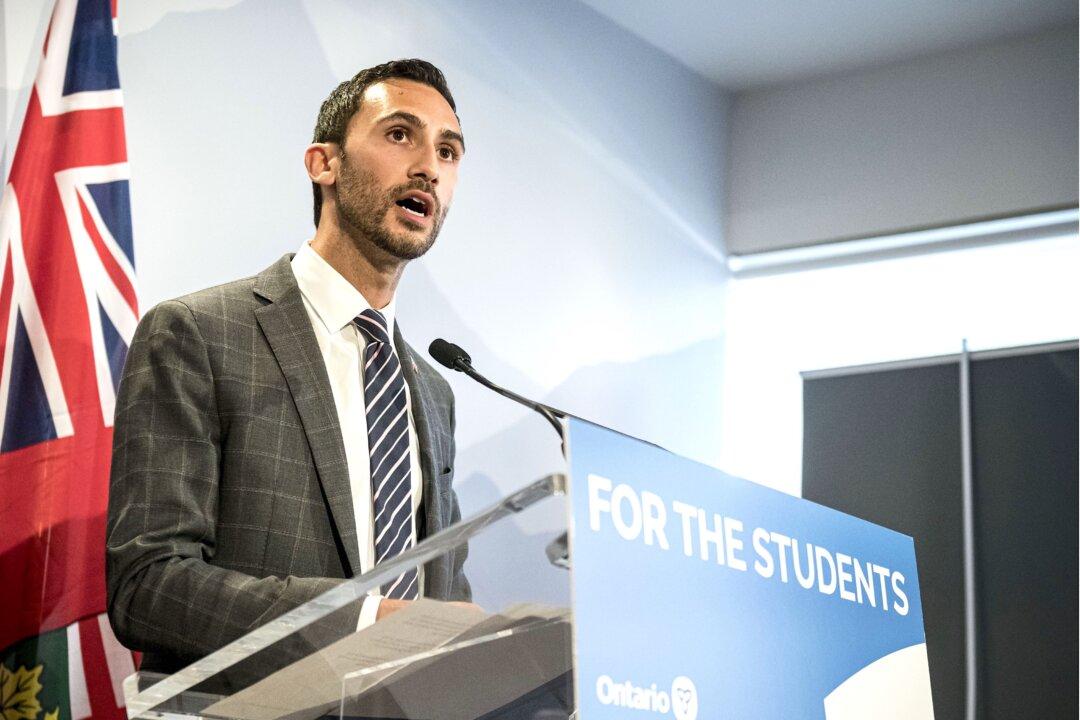Ontario Superior Court has dismissed former MPP Randy Hillier’s lawsuit against the Ontario government over the province’s COVID-19 lockdown restrictions.
In dismissing the legal challenge on Nov. 27, Justice John Callaghan said the provincial restrictions were justified and in line with the Charter of Rights and Freedoms.




